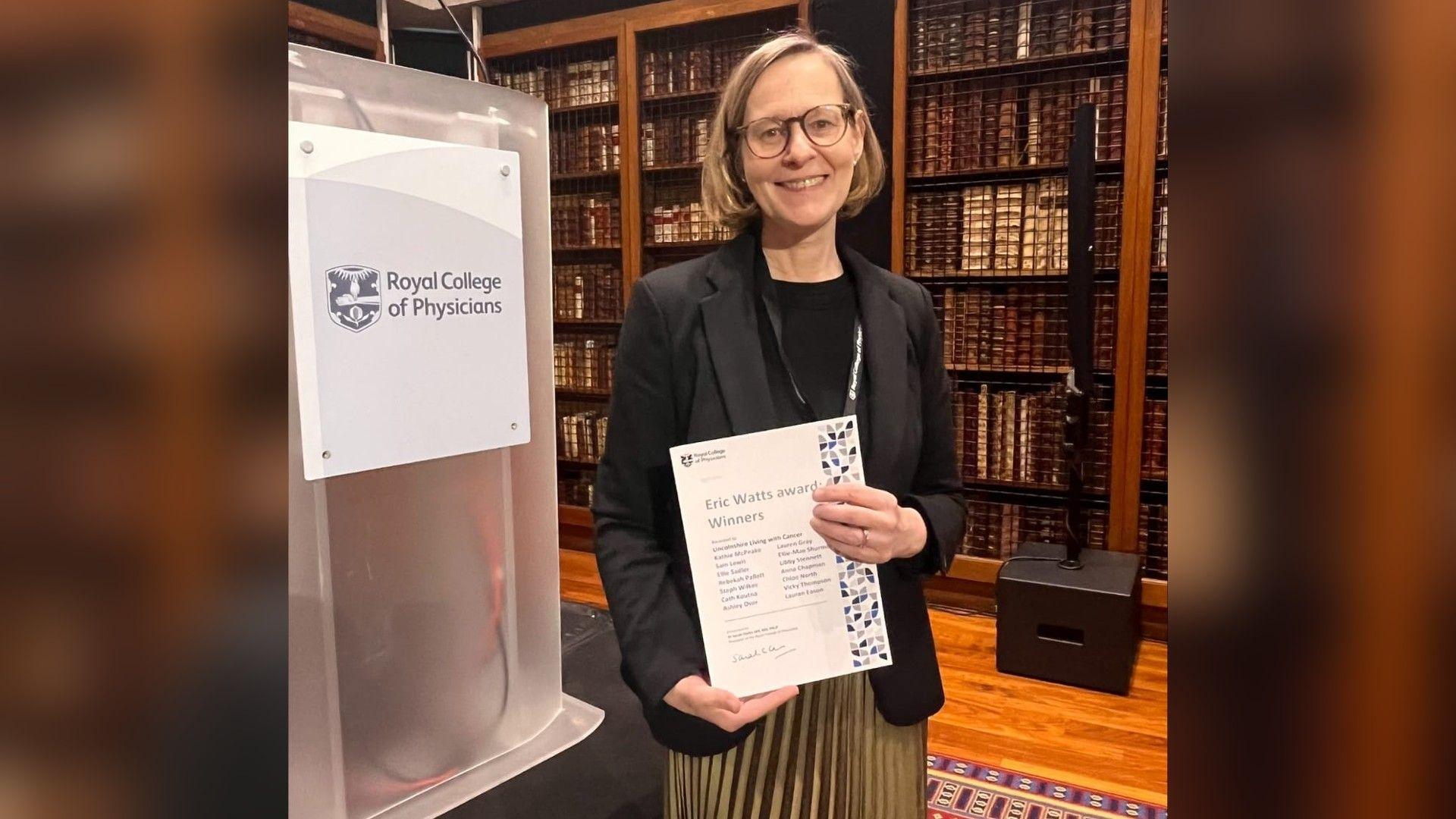'Laura had cancer but was misdiagnosed on the phone'
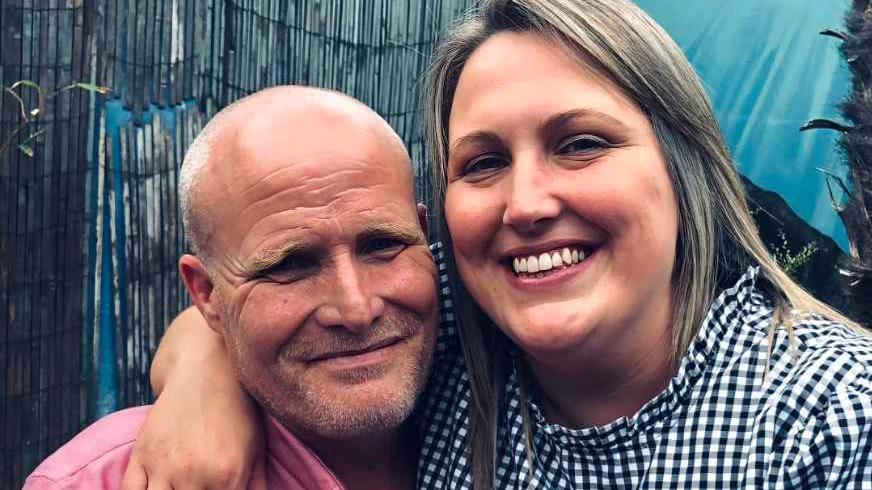
Mike Barlow with his late wife Laura. He wants GPs to offer face-to-face appointments to all patients
- Published
A woman who died of cancer could have lived longer had she been given a face-to-face appointment with her GP, rather than being misdiagnosed over the phone, her husband has said.
Laura Barlow, 33, was told she had endometriosis during a telephone call with a GP at Stickney Surgery, Lincolnshire, in October 2023.
In February this year, the mother-of-three, from Sibsey, near Boston, was told she was so ill she should go home from hospital to spend time with her family. She died three days later.
In a joint statement, the surgery and United Lincolnshire Hospitals NHS Trust said they could not comment on individual cases but would continue to speak to the family about their concerns.
Mrs Barlow's husband, Mike, is now calling for mandatory face-to-face appointments with GPs.
He believes opportunities were missed for his wife to start treatment for the cancer in November last year.
“I think if they'd seen Laura face-to-face they'd have seen how much pain she was in," he said.
"Laura died because she was misdiagnosed over the phone. If blood tests had been done we'd have known what was happening.
"Could we have had more time? Could the kids have had more time with their mum?“
Mike has also told the BBC that the lack of an inquest means the family is still uncertain about exactly what form of cancer Laura had.
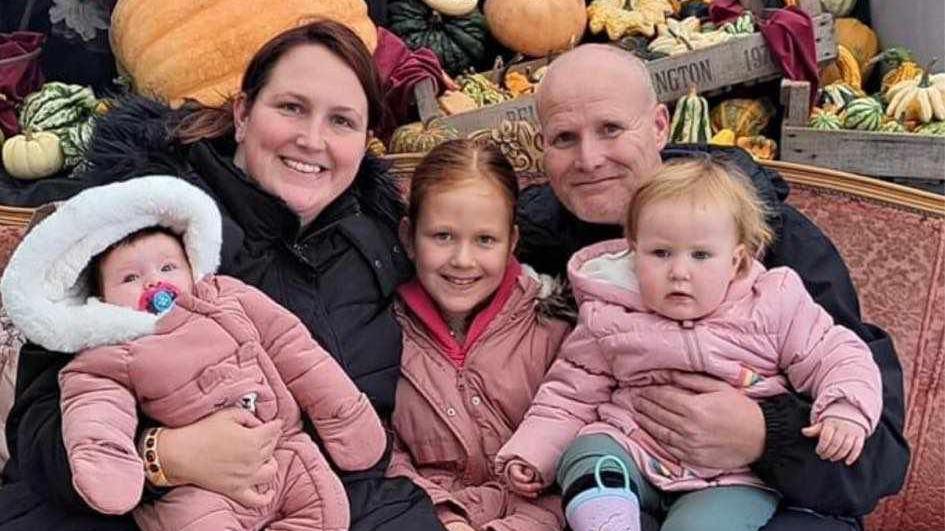
Mrs Barlow had three daughters, two with her husband. He says the girls tell their mother they love her every night
The couple met in 2020 when they were working together at Pilgrim Hospital in Boston.
They moved in together with Mrs Barlow's daughter, now 10, and had two more girls, who are three and two.
Mrs Barlow initially phoned her GP surgery after finding blood in her stool. She was diagnosed with endometriosis over the phone and given medication, Mr Barlow said.
An appointment was booked for her to visit the gynaecology department at Pilgrim Hospital in January, but in mid-December, she became ill at work.
Mr Barlow said he had tried to take her to the GP, but was advised to go to the urgent treatment centre at Pilgrim Hospital.
However, according to Mr Barlow, the hospital said because she was already under treatment for endometriosis, there was little they could do.
Mr Barlow believes that had a blood test been taken at either the GP surgery or the hospital, the cancer could have been discovered.
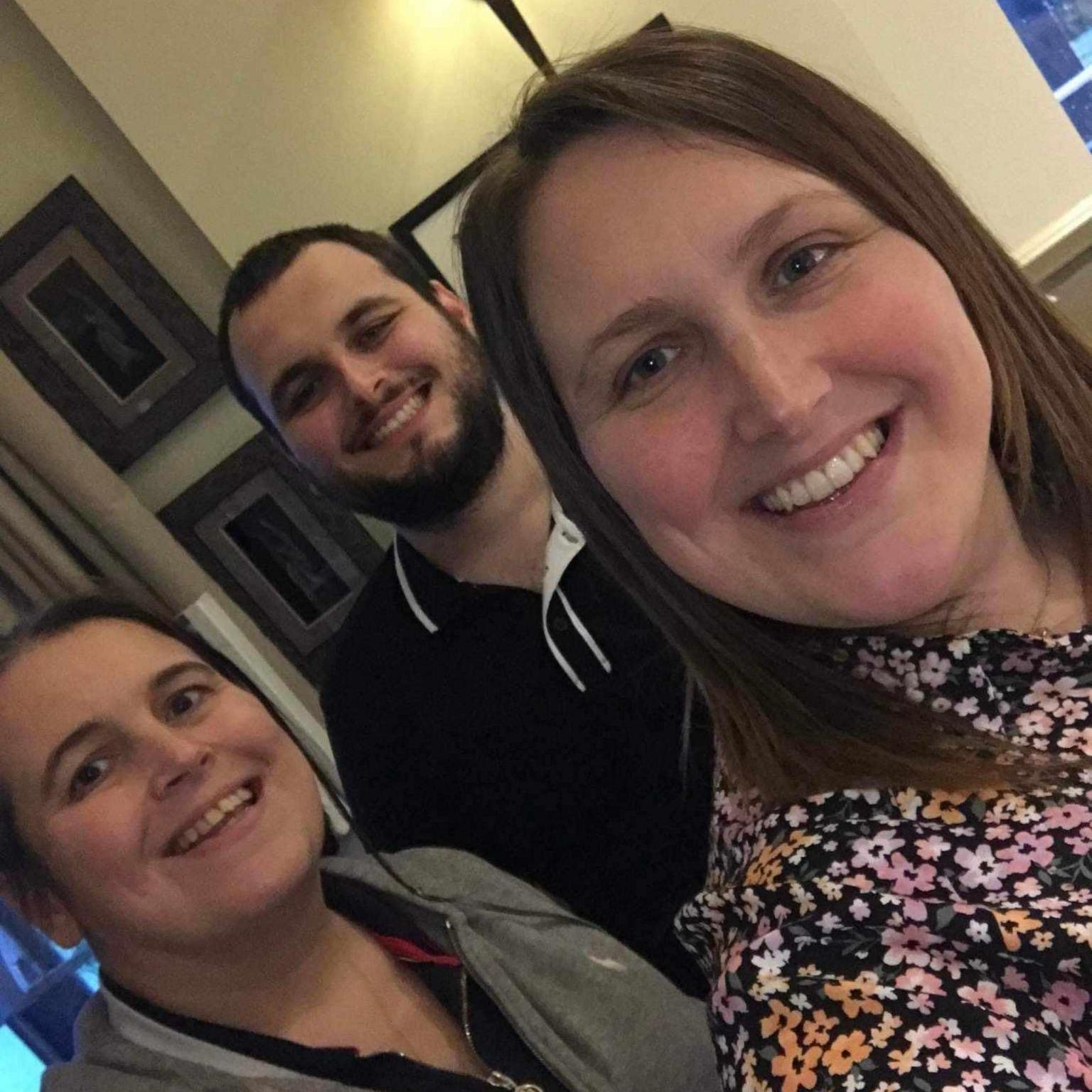
Mrs Barlow, right, with her sister Lisa and brother Wills
At the end of December, Mrs Barlow went back to A&E. On 2 January, she underwent an ultrasound, when lesions were found.
She was admitted to Pilgrim Hospital in mid-January and received a cancer diagnosis. On 2 February, the couple were told her condition was untreatable.
“They said: 'There's nothing we can do. Go home and spend time with your kids," Mr Barlow recalled.
"All the family came and we had to get the Macmillan nurses to come out. We got a bed made downstairs and had her in there.
"She was lying down and I slept with her. They woke me up and told me she'd passed away. And that was it."
'People are dying'
Mr Barlow wants GP surgeries to see all patients face-to-face and hopes a petition, started by a friend, external, will gather enough signatures to be discussed in Parliament.
Ultimately, he hopes the government will support his proposal.
"I want that to be what happens in Laura's name," he said. “We believe in doctors and what they say. They're the experts.
“They need to see patients face to face. It will save lives. People are dying because they're not being seen.”
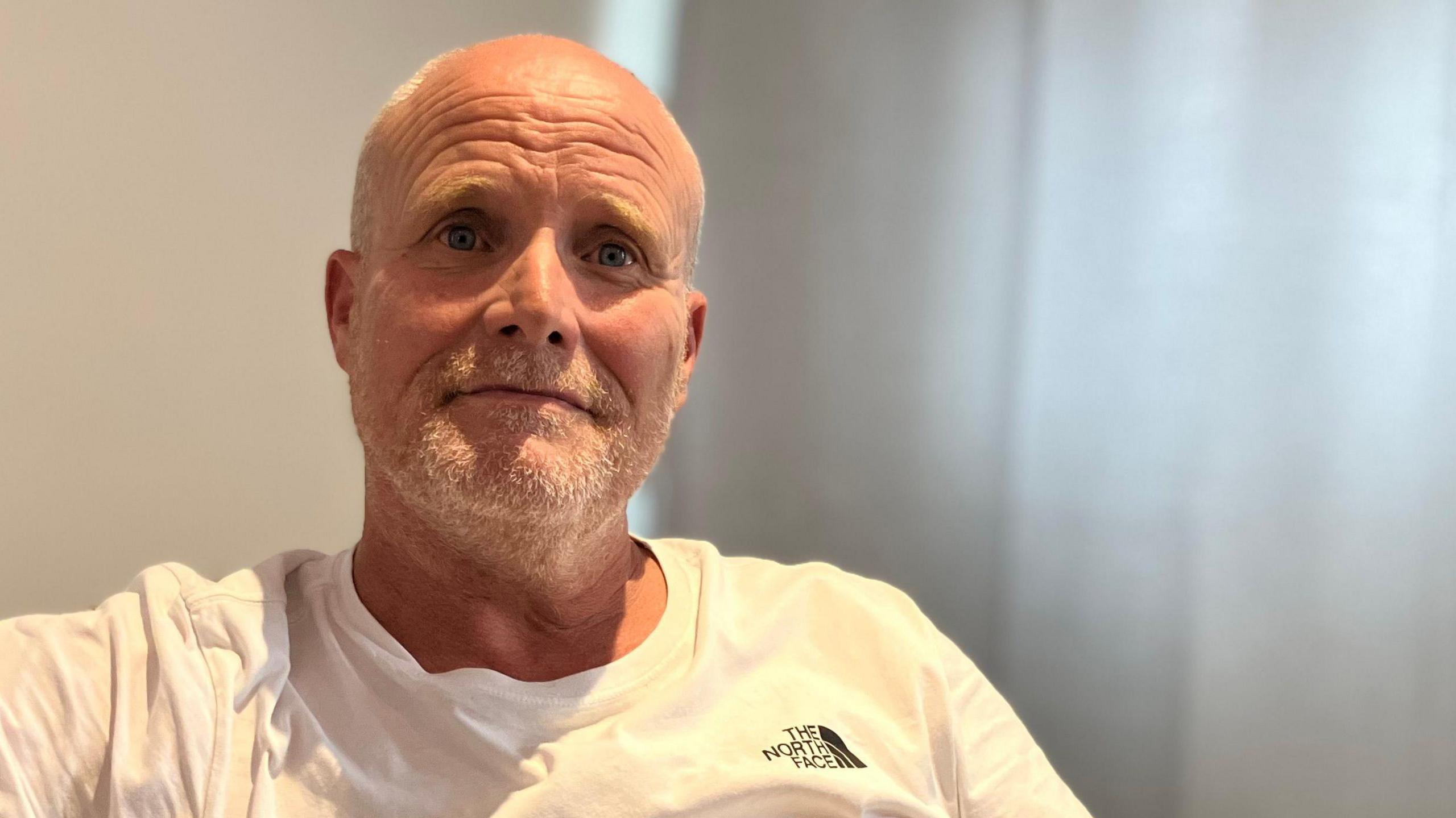
Mr Barlow had been married to his wife for less than a year when she died
Mr Barlow said his wife always put her daughters first.
“We have pictures of Laura and the kids everywhere," he said. “Every night when the kids go to bed they stop on the stairs and look at her photo and tell mummy they love her.
“The girls will ask me, 'what happened to mum, how did she die?'
"I can't give them an answer. I've got to tell them the truth. People failed her'."
In their joint statement, ULHT, which runs Pilgrim Hospital, and Stickney Surgery said: “We would again like to offer our deepest condolences to Laura’s family.
“We are unable to comment on individual cases but will continue to speak to the family about their concerns as appropriate.”
If you have been affected by the issues raised in this article, support is available via the BBC Action Line.
Listen to highlights from Lincolnshire on BBC Sounds, watch the latest episode of Look North or tell us about a story you think we should be covering here, external.
Related internet links
- Published16 March 2024
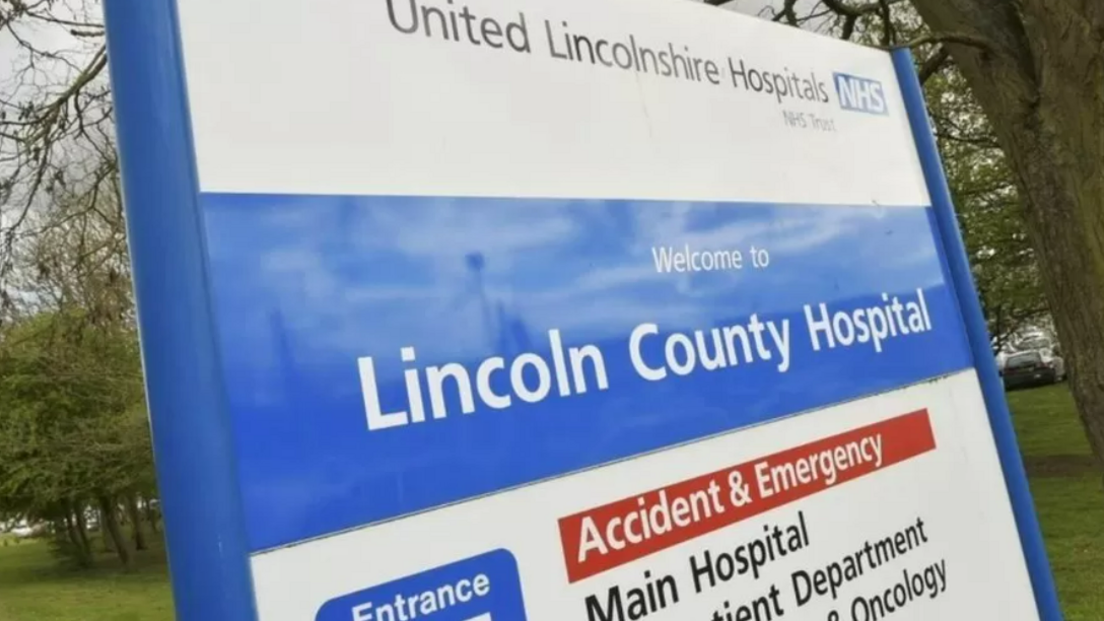
- Published26 March 2024
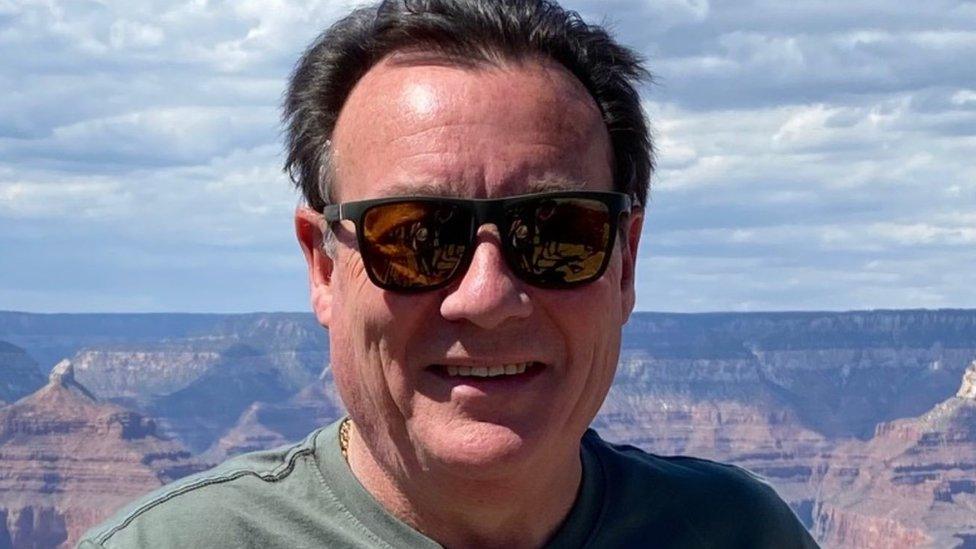
- Published5 May 2024
